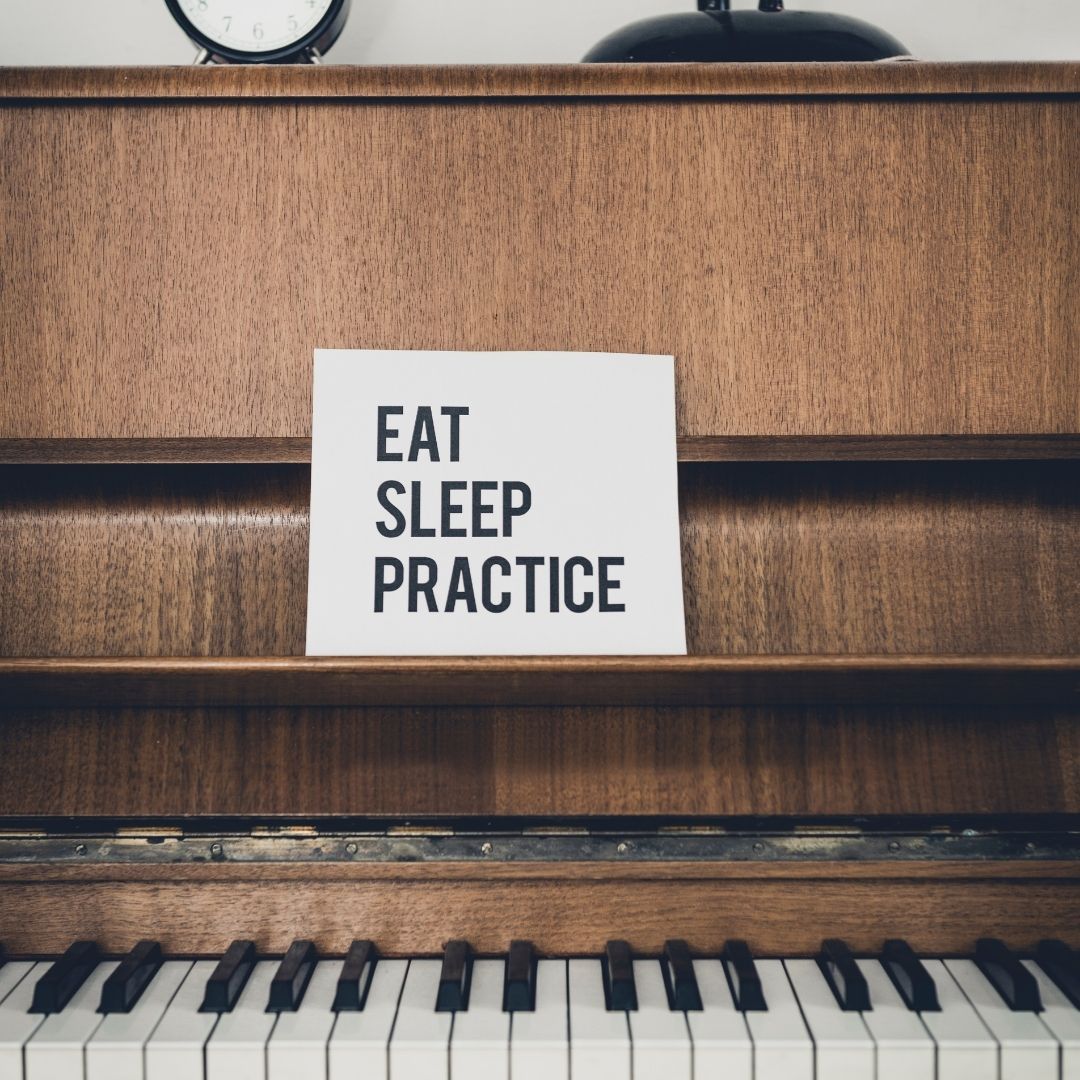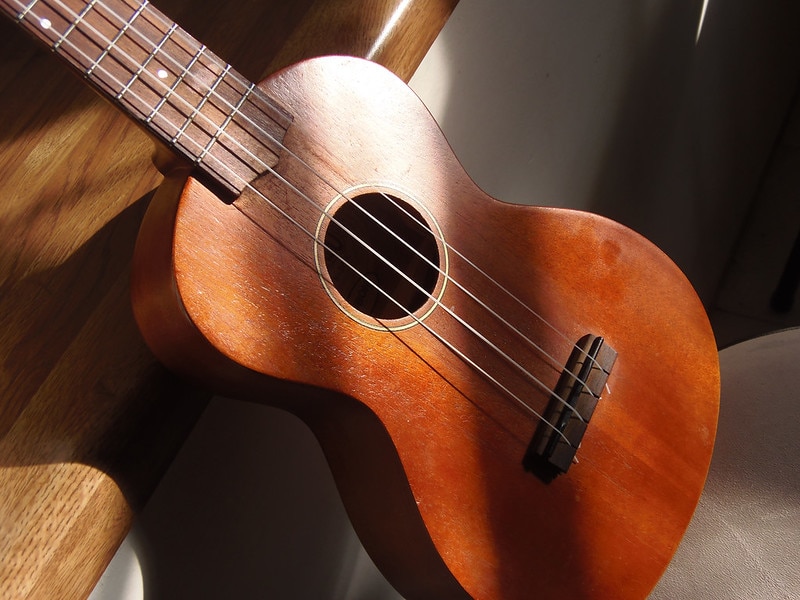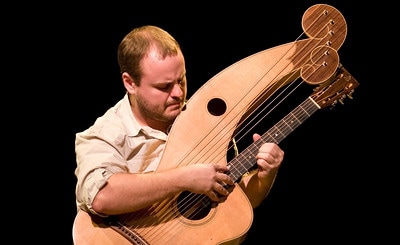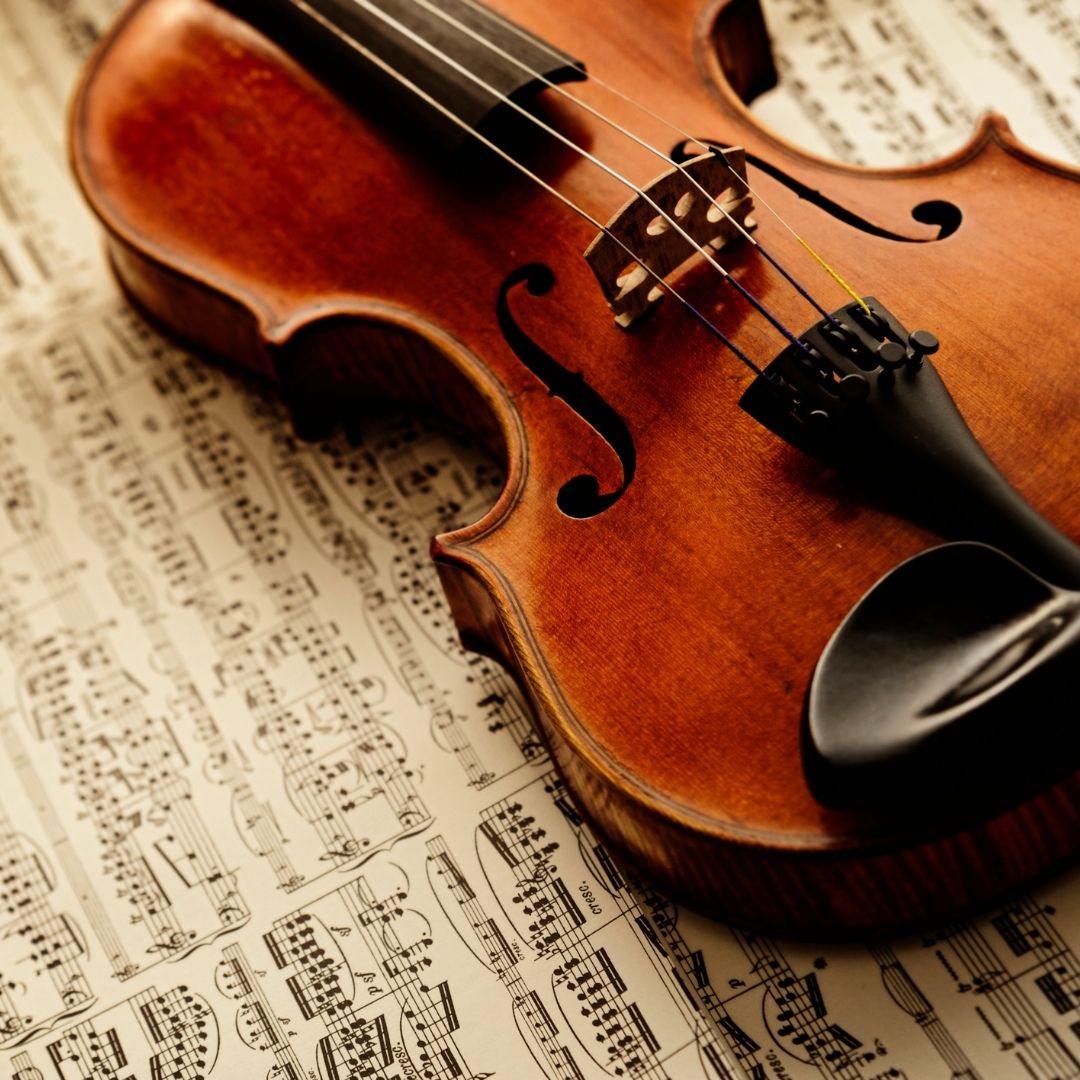
Is Violin Hard to Learn? How to Make Learning Violin Easier?
November 15, 2021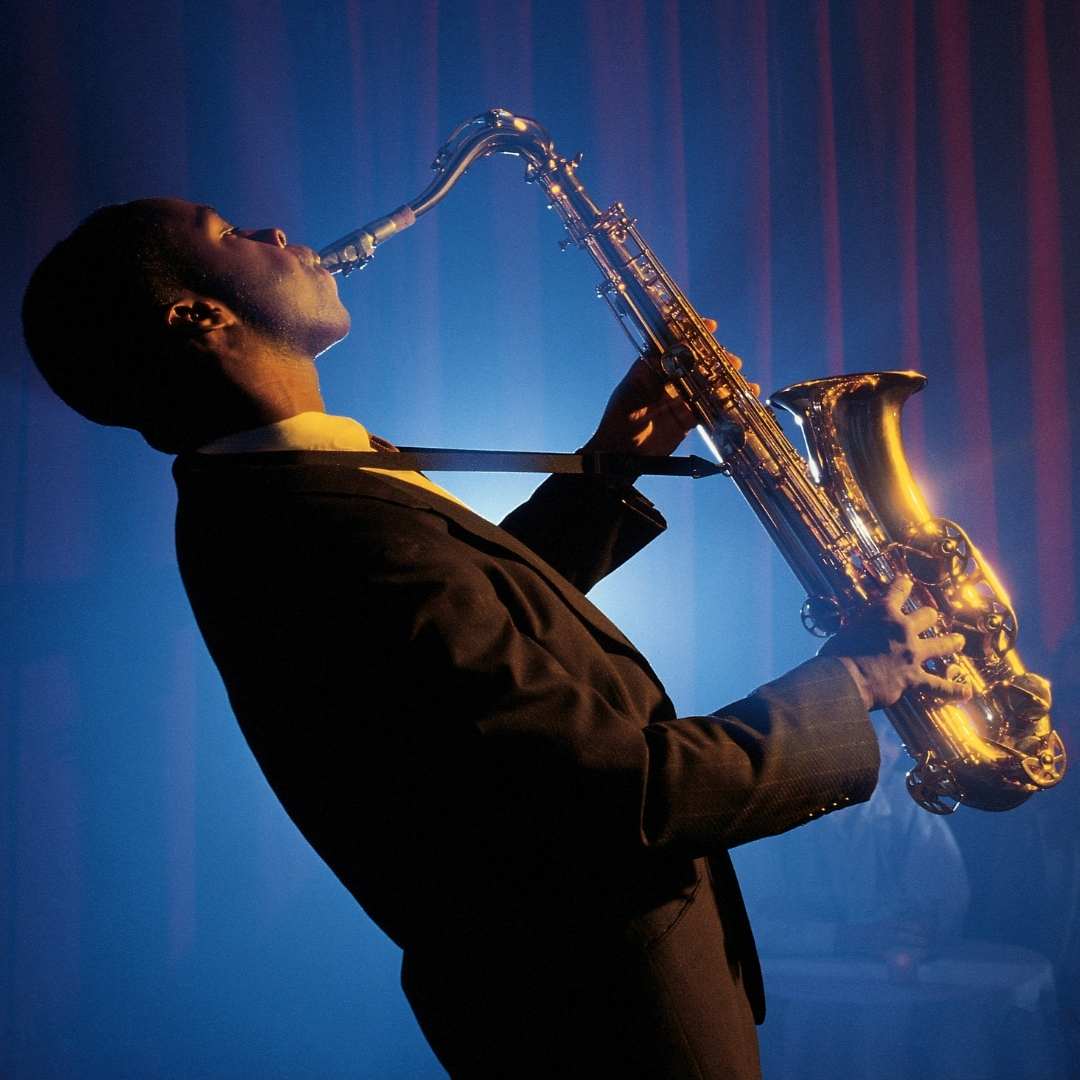
Is Saxophone Hard to Learn? – The Beginner Guide
November 17, 2021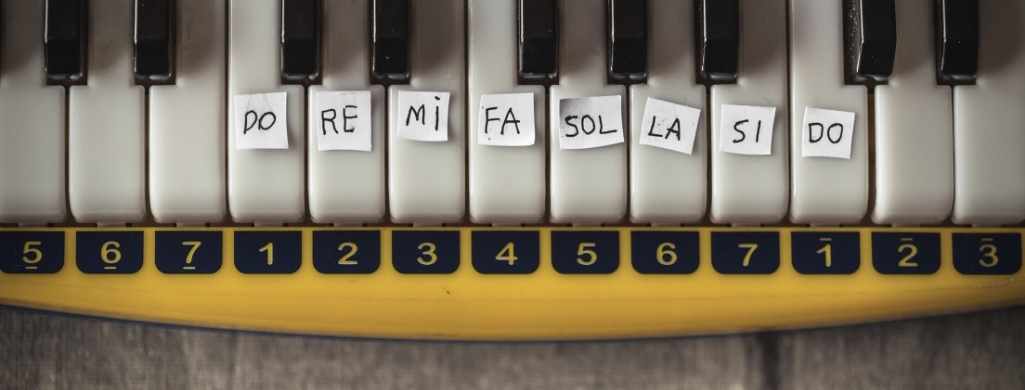
It’s a question that has been asked by many of us, whether we are starting to learn piano for the first time or have been at it for years. How long does it take to get good at piano?
Is there a magic number of days or months that will make you an expert pianist? Well, I’m here today to answer these questions and more! Sit back and relax as I tell you all about what makes a great pianist!
So..How Long Does It Take to Get Good at Piano?
Alright maybe you have just gotten your first keyboard or piano, and excited to get it going, but you probably wonder too how long is it going to take you to the level you want to be?
According to experts, it can take approximately six months for someone to develop solid piano skills. If that’s what you think “get good at piano” means, then, there you go.
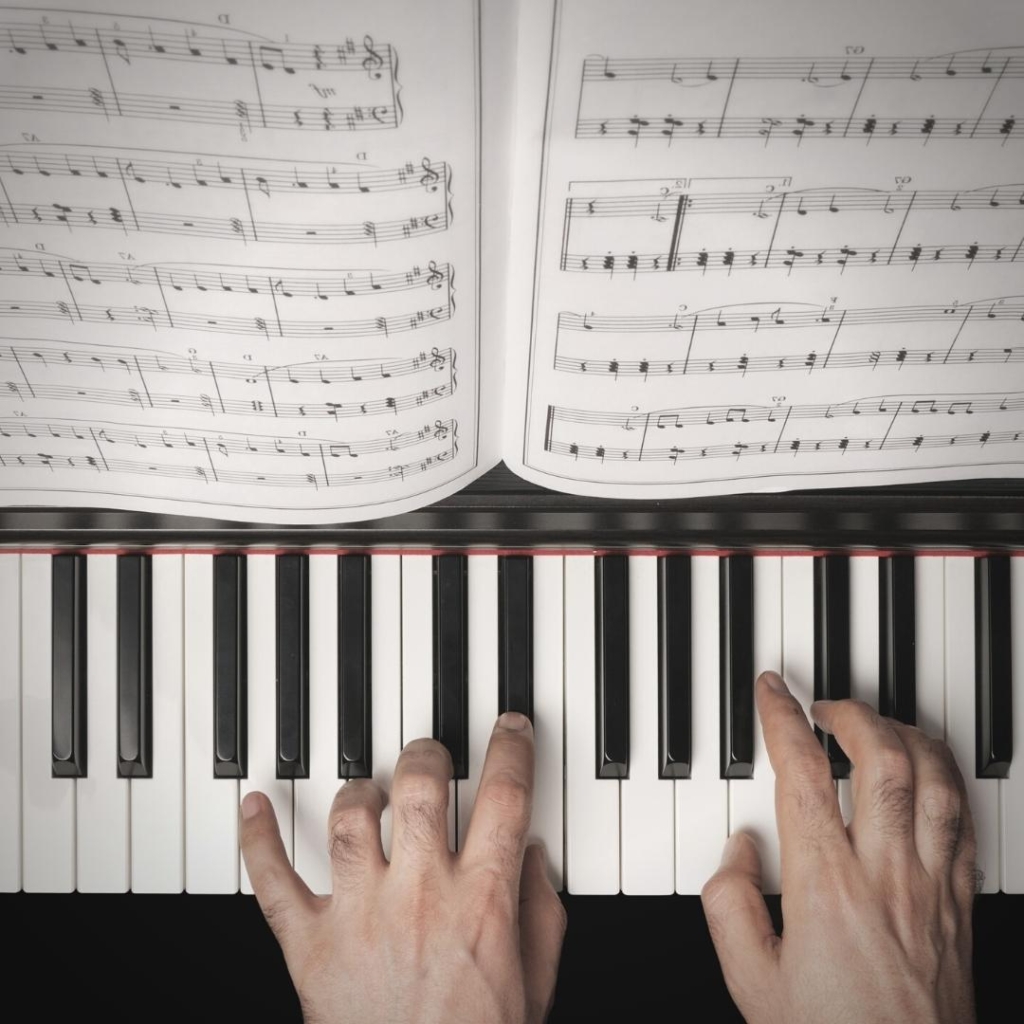
Of course, this duration could be shorter or longer depending on the number of hours you practice each day. However, if you’re wondering about the time it would take to master piano playing, you might need three to five years of practice.
People who seek a career as professional musicians should expect ten to fifteen years until they reach that level of mastery. In that case, they’ll need to be taught by a master teacher combined with hours of practice per day.
How Long Does It Take to Learn Piano Technique?
If you’re still a beginner with no experience in piano playing, you’ll likely start your journey with learning technique. Having good piano technique means developing finger strength, dexterity, and hand coordination to enable you to play most songs.
So, how long should it take on average to develop these crucial skills?
A month and a half is the amount of time you’ll need to become great at piano technique. Yet, again, it all depends on how much you practice each day. To reach a solid piano technique level, you’ll require at least 15 to 30 minutes of practice a day, five days a week.
A few people think that practicing for an hour and a half only one day each week could give them the same results. But, according to musicians, it doesn’t work out this way. You must stretch your training over the course of days to allow your brain to hone those skills slowly and effectively.
How Long Does It Take to Learn Songs on the Piano?
Once you get a hang of the technique, it’ll be time to know how to play specific songs to become more familiar with the piano keys. The answer to this question isn’t exactly straightforward because not all songs are the same in their difficulty level.
Still, you should know that learning how to go about playing different songs on the piano could take up to six months. Again, this doesn’t mean mastering the skill, but more like sounding great if someone hears you play.
You could get that far if you practice for up to 20 minutes per day, five days a week. Of course, a more challenging song will require more work, so you’ll have to increase the amount of time you practice every day.
During that practice, you’ll have to focus on all the hard parts of the song, playing them over and over until they come naturally to your hands.
If you dedicate 70% of your everyday practice to the easy parts and neglect the harder ones, you might need more than six months to become good at playing songs.
How Long Does It Take to Play Piano By Ear?
By being good at playing piano by ear, we mean being able to play an easy-melody pop song on the piano in about 15 minutes. On average, if you’ve already learned piano technique, playing by ear should take you only four months.
However, if you decide to skip technique practice for the time being and dive headfirst into playing songs, it’d require you more time to know where every note is. In this case, it might take you up to six months to learn to play the piano by ear.
In both scenarios, you’ll have to train for ten minutes a day, five days a week. Also, you’ll need to follow a few basic exercises and drills to make the best of your practice sessions.
Can Piano Be Self-Taught?
Yes. Sure, it’s always a better idea if you hire an instructor to teach you and stay by your side as you go from beginner to pro.
Still, self-learning can also give you the same results as long as you follow a strict schedule and practice day after day. Self-learning has a few benefits over being taught by an instructor, such as:
- You can do it from the comfort of your home
- You’ll be free to practice any time of the day
- You could go as fast or slow as you want
- It’s more budget-friendly
Before you decide to learn the piano on your own, you should also look at the downsides of not hiring someone to teach you, and these are:
- You could get distracted quite easily
- You’ll need to spend some extra cash on equipment and resources
- Not having someone to supervise you might cause you to skip practice a time or two
Planning Your Piano-Learning Journey
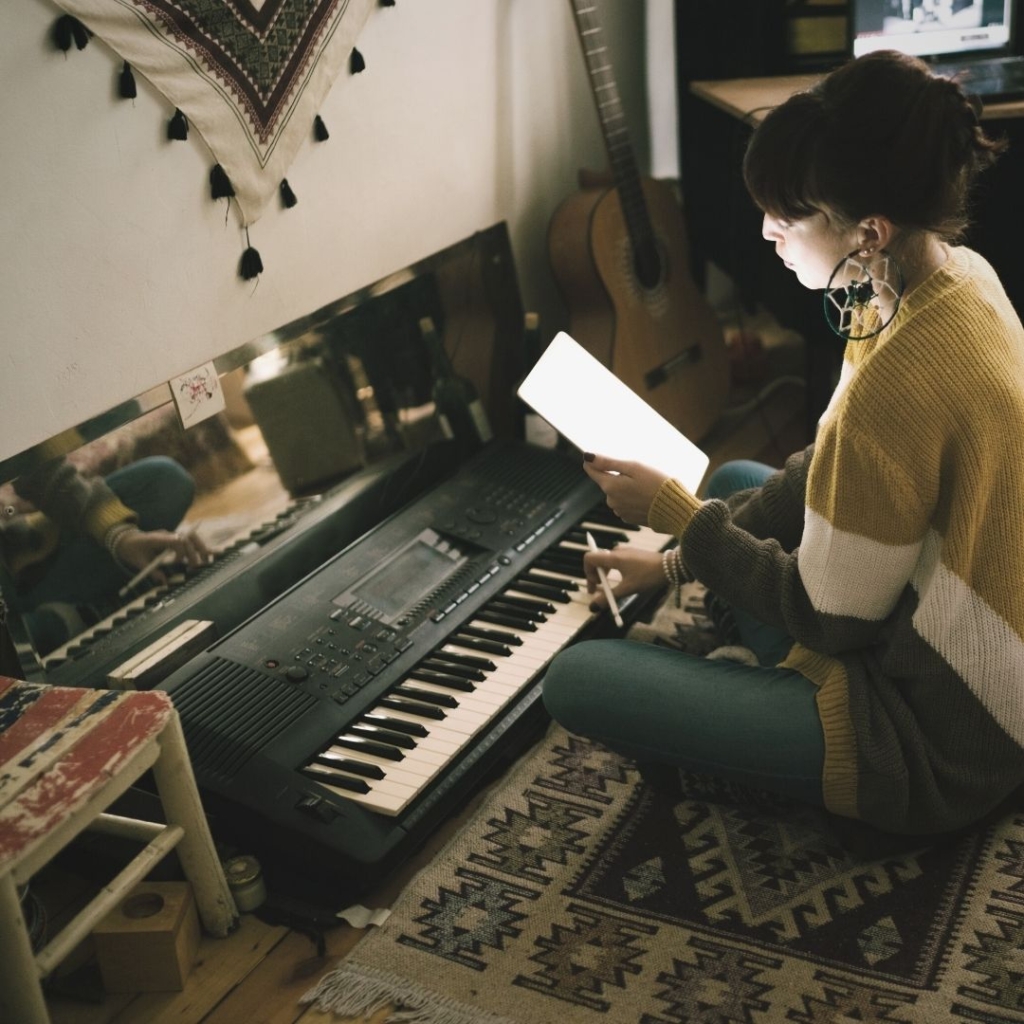
It could be a bit tricky to form your own practice schedule to ensure that you achieve the desired goal in only six months. For that reason, we’ve put together this section to let you know the best way to plan your piano training for the upcoming months.
To get good at piano in six months, you’ll need to plan your practice time strategically, make you set the right intention on what to practice, instead of just noodling around for hours without making any significant progress, that would be a waste of time.
For instance, it could be a ten minutes to work on your technique, another ten for playing-by-ear drills, and twenty minutes to learn songs. That’s 40 minutes of practice per day for five to six days a week.
Otherwise you could also set a topic for each practice sessions, focus on one thing at a time, spend sometime to try different methods or develop your own, see what works best for you.
Practice Hard VS Practice Smart
When it comes to practicing, It’s important to set a schedule, be consistent, be focus, etc. However, It doesn’t mean that the more time you devote into it the better results you would get, you probably wonder why does some people progress much faster than the others too. Are they more talented or did they just found the untold secret tricks? Well..I guess the key is to practice smartly instead of just practicing hard.
Practicing hard means that you’re trying to get better at a particular skill or task by putting in an extraordinary amount of time and energy into developing the skills required.
It typically requires a lot of physical activity, which can lead to injury if it’s not done properly, and it also takes a toll on your mind – the frustration from being so close to achieving your goal while still being so far away can have a very mentally taxing effect.
Practicing smart on the other hand is less taxing because it avoids the use of excessive amounts of energy without resulted in any improvement.
If you practice smart, then you’ll find that all this extra time will be spent sitting down with focus or doing light forms of physical activity. Practice strategically, make sure you have plan and clear intension on each practice sessions.
To Wrap It Up
It takes a lot of time and practice to learn the piano. You can find plenty of great resources online, but in the end, it all comes down to you and how much work you want to put into this instrument.
Getting a piano could be an expensive investment, especially for a beginner when you just started getting into it, that’s why it makes more sense to buy an electric keyboard rather than buying a piano right away. If you are not sure where to start, we’ve got some great resources for that too! Check out our guide for more information.
After all, we hope these tips will help provide clarity as well as motivate you with the knowledge necessary when setting your goals so that one day soon when people ask about your journey learning piano techniques or songs on the piano, they know just how hard-working and talented an individual they are dealing with.

